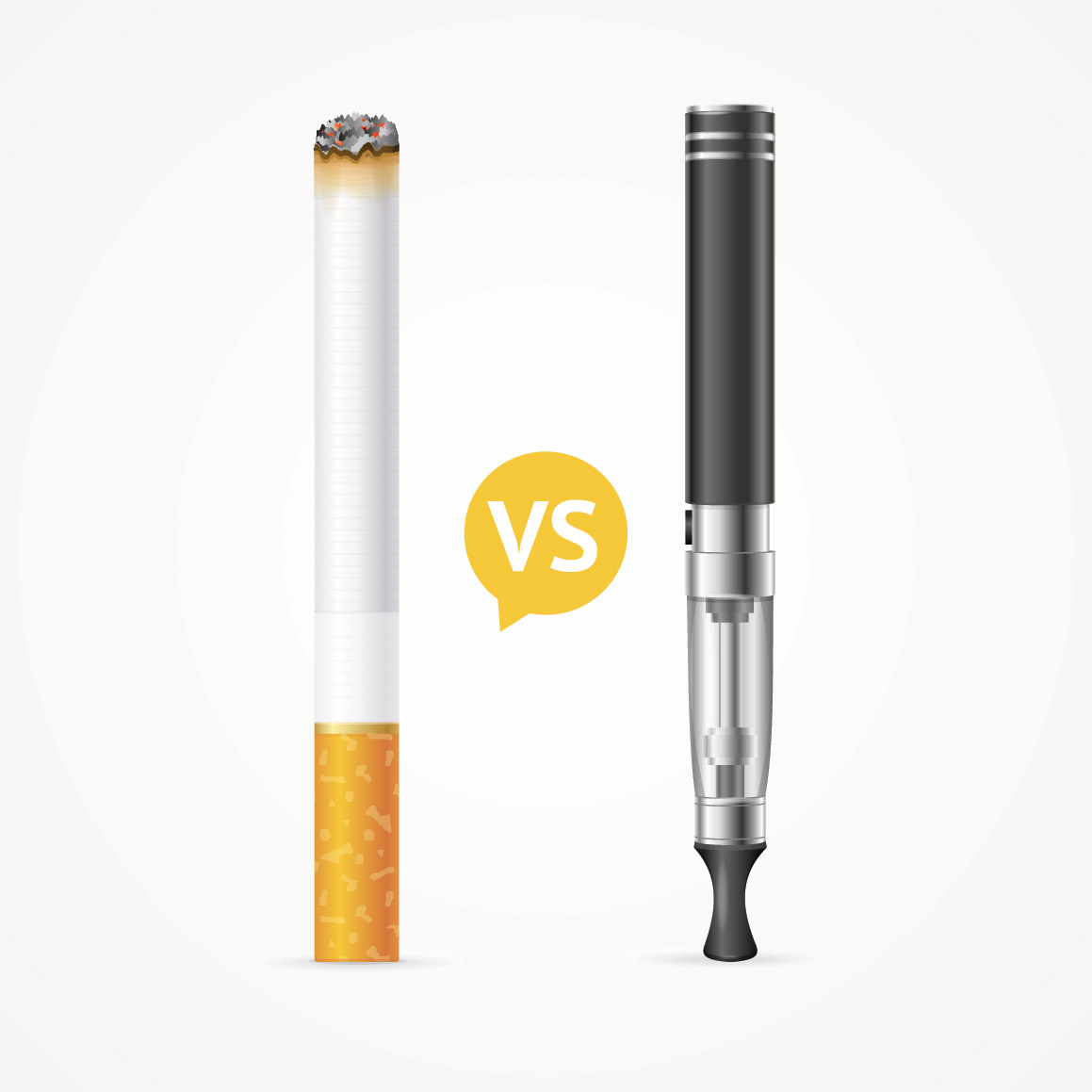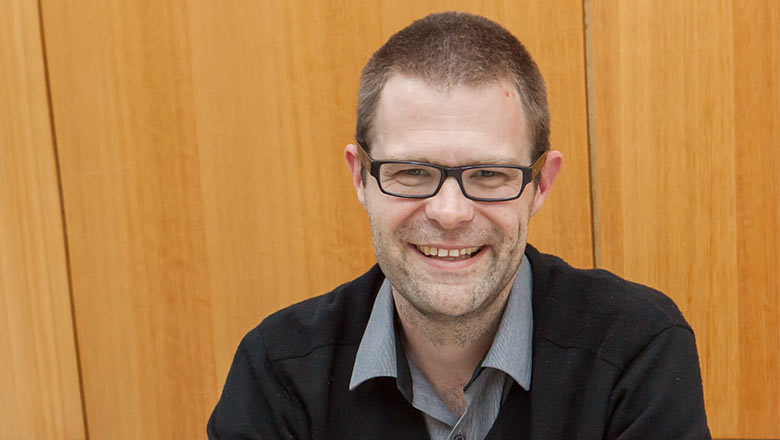Search
Showing results for "Au"
As a not-for profit child health research organisation we rely on the generosity of our partners, communities and supporters to improve the health, development and lives of children through excellence in research.
Research
ImmunisationImmunisation is the most effective way of protecting your child against a range of serious illnesses, including measles, hepatitis B and whooping cough. All vaccines used in Australia undergo stringent testing and ongoing monitoring.

Create happy, healthy futures for generations of children

Research
The STAMP RSV ProgramSTAMP RSV is a multifaceted program of work with the single focus to prepare the community for the uptake of new and emerging RSV immunisation strategies by providing the evidence to inform public health policy.
We’ve heard from families that trustworthy information about preterm-associated lung disease is difficult to find. In response, we’ve created resources to empower families with the knowledge they need to manage these challenges.

News & Events
Study shows e-cigarettes can harm lungsA study led by researchers at The Kids Research Institute Australia has shown that electronic cigarettes can cause lung damage.
Research
Children’s regenerative and genetic medicine programThe project aims to build capacity in regenerative medicine for children with respiratory diseases.
Research
Investigating the role of Neutrophils in Multiple SclerosisNeutrophils are a type of immune cell that can trigger inflammation and may play a role in the development of MS.

News & Events
Study sheds new light on the ‘autism epidemic’ mysteryResearchers have shown that the so called 'autism epidemic' is due to an increase in the diagnosis of children with less severe behavioural symptoms.
Research
The Role of Friends in Supporting Young People With Cancer: A Scoping ReviewPeers play a crucial role in supporting wellbeing and psychosocial development for young people aged 12-25. However, a cancer experience often leads to challenges maintaining friendships. There have been no prior attempts to map or synthesise available research or resources on support specifically from friends for young people with cancer, limiting the capacity to draw conclusions or determine next steps for how to best support young people with cancer. This review aims to address this gap by mapping and synthesising the available literature and resources.
